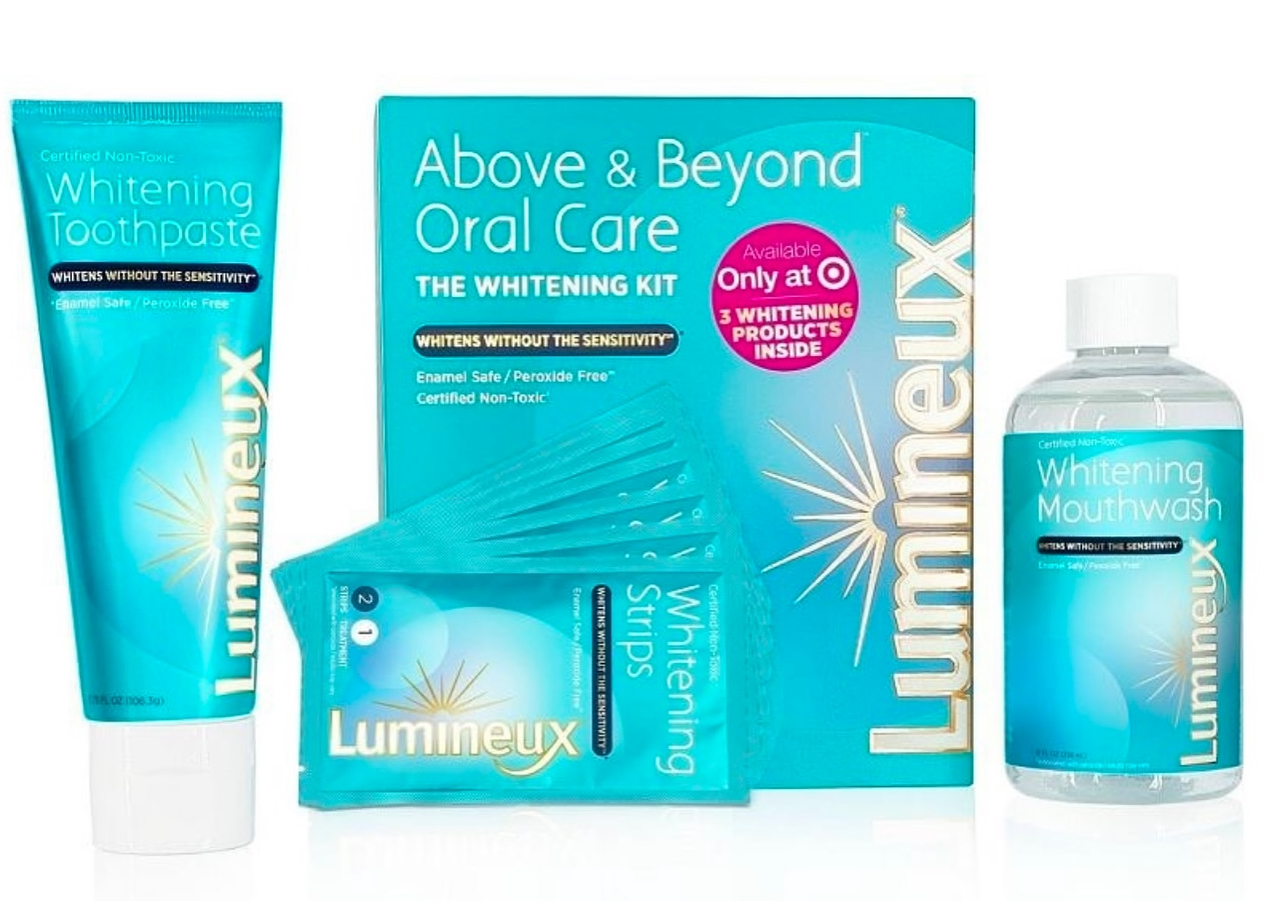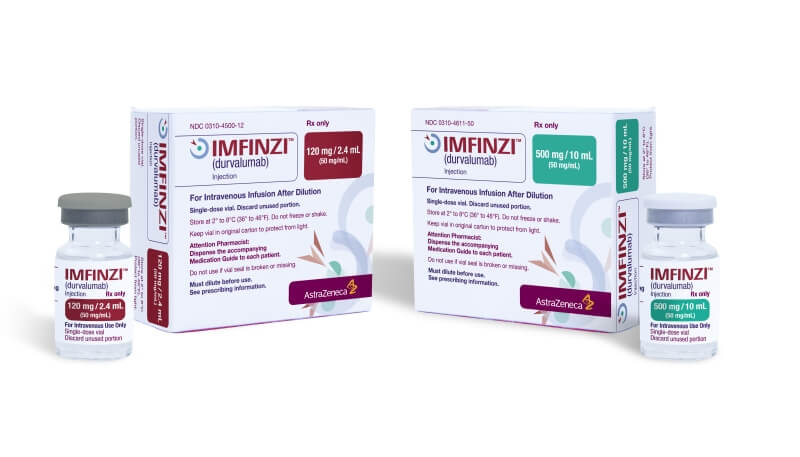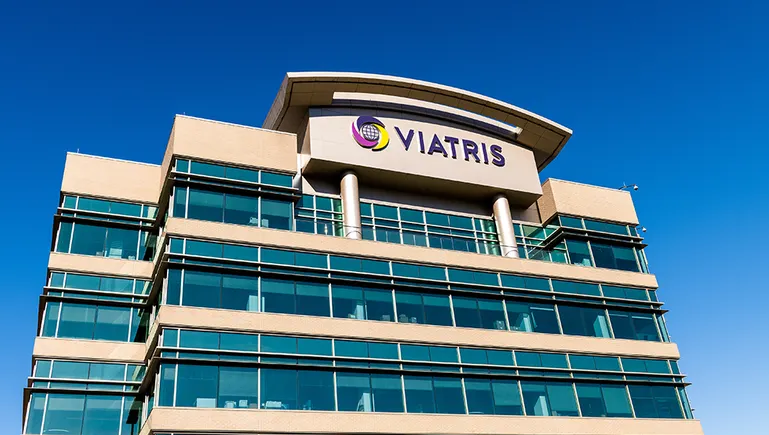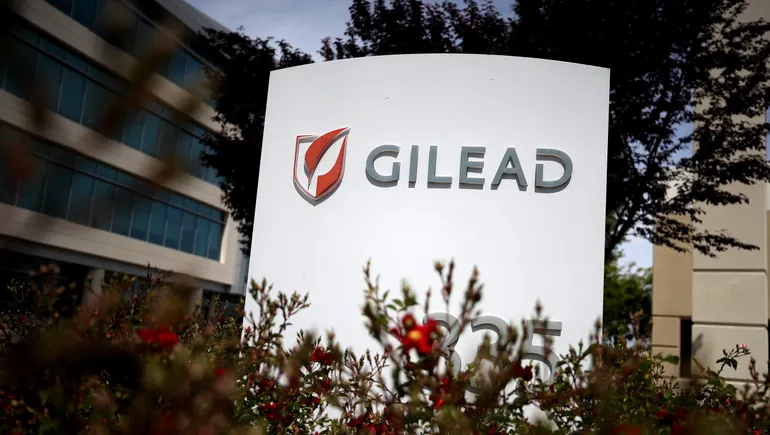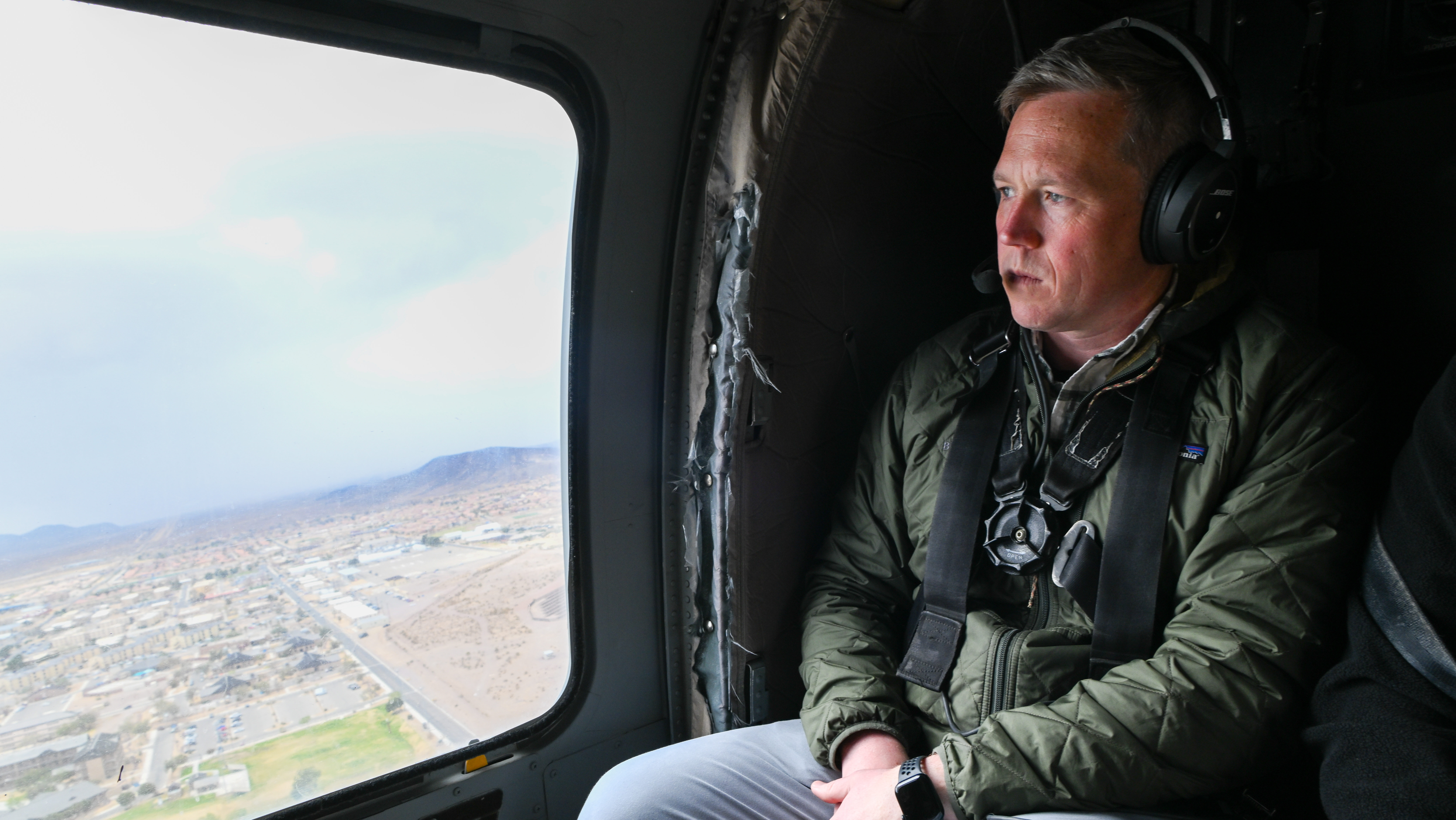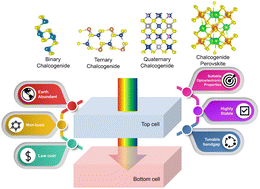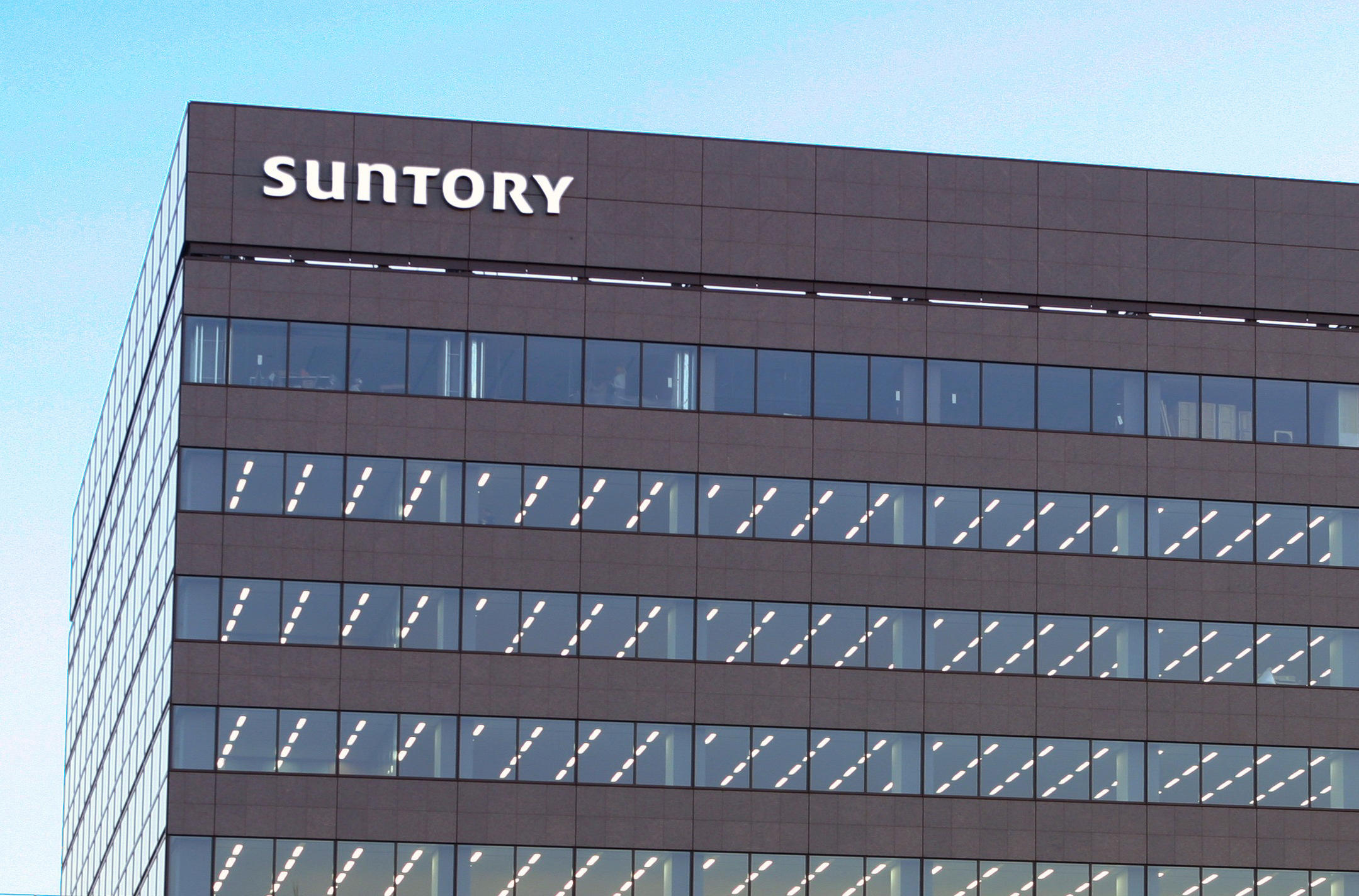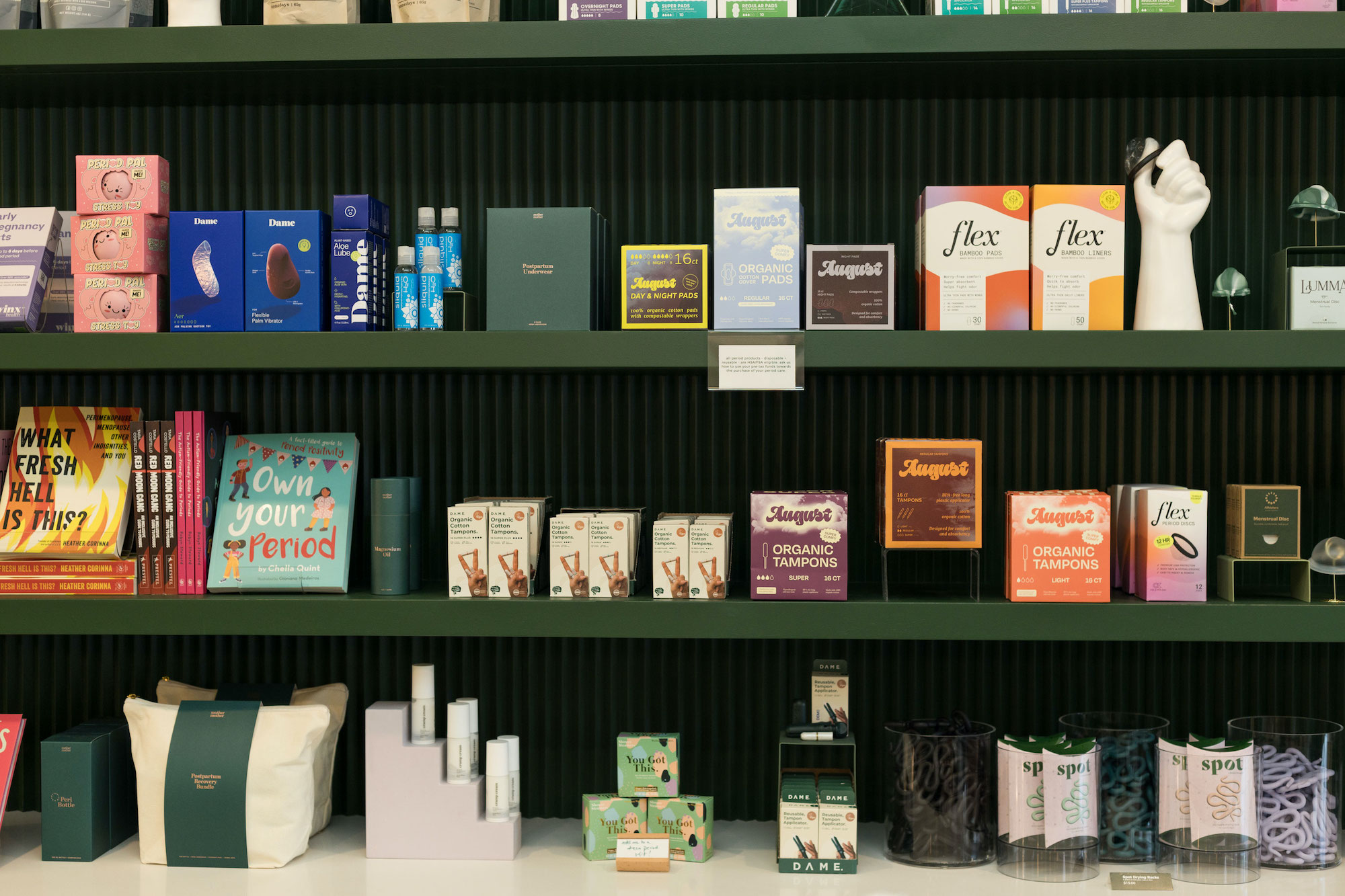As CEO of The Drinks Trust, Nicola Burston is steering the drinks industry’s leading charity through one of its most challenging periods, with rising financial hardship and mental health struggles among hospitality professionals.
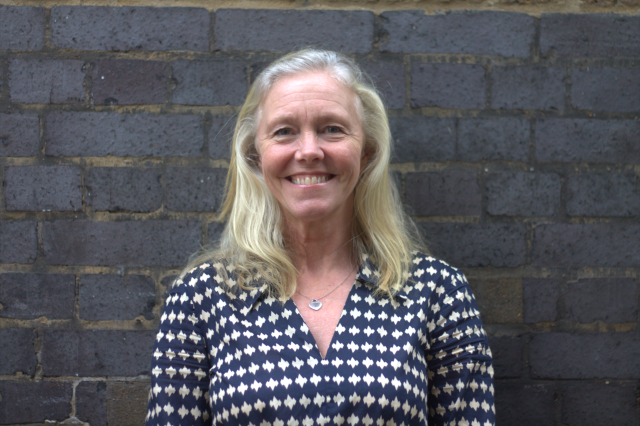
When it comes to championing the people behind the drinks industry, few are as passionate as Nicola Burston. As CEO of The Drinks Trust, since December 2024, she’s leading the charge to support members of the drinks trade facing what she describes as “probably the toughest year for the drinks industry in decades”.
Businesses still recovering from Covid are also tackling a rise in
National Insurance and the Minimum Wage, plus cuts in business rate relief. “The most alarming thing that I have seen in this role is how a person’s circumstances can change so dramatically overnight,” adds Burston. “We often have to step in to support people at their most vulnerable moment, and we do so with empathy and compassion, always with an approach that supports and empowers people to lift themselves back onto firmer ground.”
The Drinks Trust: a historic lifeline
The Drinks Trust is the drinks industry charity, and has been supporting members facing emotional or financial hardship since it was founded in 1886. Its services have never been more needed. Poverty in the UK is at a 22-year high – one in five adults of working age will struggle with severe financial difficulty in 2025, and one in three will experience poor mental health. “If you overlay those percentages across the drinks and hospitality industry, that means that potentially 700,000 – 800,000 people will experience financial hardship, and 1 million of us will struggle with poor mental health,” says Burston. “On top of this, the industry is losing great people because of a low investment in their professional development and their well-being.”
Burston joined the Drinks Trust in 2020, first in the fundraising department, before becoming its head of charity services in 2022. She later became CEO, taking on the role from Ross Carter in December last year. Before that, her experience spanned the beer, wine and spirits industry, with the French and Business graduate working roles across sales, marketing, PR and strategy development at companies including Diageo and Robert Mondavi, later founding her own wine agency business and acting as a consultant.
Under her leadership, The Drinks Trust launched its
Face it Together campaign, her “first rallying cry” that is encouraging everyone in the industry to come together to raise £1 million to support those working in the trade. This will help the charity continue to provide financial assistance, mental health support and counselling, run its 24/7 support line and educational resources. But the work is never done.
Q&A with Nicola Burston
What first drew you to the drinks industry, and what keeps you passionate about it today?
My first ‘real’ job was with a family wine company. They nurtured me, supported me through my WSET exams, and ignited my passion for wine. Learning and development of young talent is so important in this industry, which is such a rite of passage for so many young people into the workforce. I love the fact that we are always learning and innovating. It is such an incredibly supportive industry, with a really strong sense of community and, of course, fun. Colleagues become lifelong friends and family.
What most appealed to you about the role of Drinks Trust CEO, and how have your first months in the job been?
I knew the team and our Board of Trustees, and what an incredible bunch of passionate professionals they are. They inspire me every day – we are all so dedicated to doing everything we can to improve the lives of colleagues in hardship. Despite it being really tough out there and the demands of the role, it is so rewarding. The opportunity to give something back is intoxicating – if you pardon the pun!
What is your long-term vision for The Drinks Trust, and how do you see the charity evolving over the next 5 to 10 years to meet the needs of the industry?
When I took the job on, I asked the team what success looked like. They answered that they wanted the charity to be able to fully meet the demand, something we have not been able to do in full thus far because of the rising demand for our services. We knew these next few years were going to be particularly challenging. So we set about laying out a plan that meant the charity has a broader footprint of drinks industry partners, diversifying our revenue streams, and introducing new, state-of-the-art services to be able to support colleagues in a more holistic way and for the longer term. We are the drinks industry charity, so it is important we remain engaged with all stakeholders and continue to innovate and evolve to ensure that the services we are offering remain relevant. It is crucial that we support individuals and the industry to grow and that we nurture a diverse and protected workforce through our partnerships with organisations such as Drinks United.
Are there any new initiatives or areas of focus you’re particularly excited about that aim to better support drinks and hospitality professionals?
According to the Joseph Rowntree Foundation, the UK’s leading expert on poverty in UK, the three best ways to alleviate poverty are:
- Provide short-term financial support
- Provide emotional care for the individual and the family
- Provide access to employment or the opportunity to improve earnings
We have all three of these services through our financial, emotional and training and education services: Assist, Restore, Develop. We can deploy all three of these at once to wrap around the individual to help them lift themselves out of hardship for the long term. We are the only charity in our sector can do this. I am also really proud of our 2025 campaign – Face It Together. The campaign was designed as a fundraising mechanism, but also to drive awareness of the charity and our services, and our position as the central force in the Drinks Industry.
What’s a quality you think is essential for someone leading a charity today?
That’s a good question. I would say empathy is hugely important, passion, and the ability to lead from ‘inside the boat’ is important in such a small team. But probably the most important quality, I think, is the ability to inspire. The Drinks Trust is not one person, and it isn’t even about our small team of 6 staff and 14 trustees. The Drinks Trust is the beacon of hope for the whole industry, and it is our job to pull everyone together for a common cause. Our industry’s ability to come together in times of need, I would say, is our unique alchemy that transforms each contribution into a wonderful force for the common good.
What are the most pressing issues currently facing professionals in the drinks and hospitality sectors, and how is The Drinks Trust responding to them?
This is probably the toughest year for the drinks industry in decades. The sector is still desperately trying to recover from Covid, and this year we have had the rise in National Insurance and the National Minimum Wage, together with cuts in business rate relief. Drinks producers, distributors, and retailers also have rising costs and complexity in their business. The industry is pounded constantly, despite being one of the top employers in the UK. It is all hitting the drinks and hospitality business very hard, especially those that are trying to recover from debts incurred during Covid. All of this means that they need to cut costs wherever they can to survive, and this includes investment in people.
As The Drinks Trust, we are most concerned about the impact on our people. Their financial resilience has run out. Just about every household cost is going up, thousands of people are just about making ends meet, but without any savings, they are vulnerable. The most alarming thing that I have seen in this role is how a person’s circumstances can change so dramatically overnight. We often have to step in to support people at their most vulnerable moment, and we do so with empathy and compassion, always with an approach that supports and empowers people to lift themselves back onto firmer ground.
Mental health and wellbeing are increasingly central to workplace discussions. How is the charity addressing this area?
Stress accounts for one of the top 3 reasons for long-term absence from work, and poor mental health is the cause of one in four long-term absences. Absenteeism costs the average organisation around £5000 per year per employee. There has never been a more important moment for employers to focus on their staff's health and well-being, but organisations were struggling to find the support to do this in an effective and strategic way. Employment Assistance Programmes have had a lot of bad press lately and tend to be “passive”, waiting for the employee to seek help when they are in need. It’s no wonder that the typical organisation enjoys less than 5% uptake on their EAP investment. They are also one-size-fits-all; none of them are truly bespoke to the drinks industry, and they do not offer the business the tools and resources they need for proactive wellbeing strategies.
We introduced the Business Advisory Programme last year in response to this very real issue; The programme, which is specific to the drinks and hospitality industry, supports the organisation in creating and executing a proactive wellbeing strategy, and effectively measures impact. Members can join the programme for a low cost, benefitting from a community approach to work together for access to low-cost training options and peer-to-peer sessions. We have 14 members from across all aspects of the drinks industry, which collectively represent 3,500 industry employees, and we are guided by a steering committee of industry businesses. Together, we aim to collectively create gold standards in employee wellbeing for our industry and anticipate the programme growing rapidly as more businesses join the movement.
What would you say to reassure people in the trade who might need some help, but who perhaps don't think they are in need 'enough' to get in touch?
We do have some eligibility criteria for some of our financial and educational services, but the application process is quick and straightforward. Additionally, though, we also have a wealth of other services that are not means-tested and completely free to access for anyone in the industry, including some of our online training and free workshops, free access to Mindful Drinking courses or help with sleep issues, and our very valuable counselling services. Our Support line has a huge range of services, including 1:1 with a specialist on a wide range of topics from consumer advice, manager’s help, debt advice, and even parenting. And our Support line is completely anonymous and available 24/7. It takes a huge amount of soul searching to come to the conclusion you need help, and a huge amount of courage to reach out. But our services can help everyone, at any stage in their career, no matter what their circumstances.
How do you engage with businesses and individuals in the industry to ensure the charity remains relevant and responsive to their needs?
We listen. We talk to other charities, inside and outside the industry, to understand what technology and innovation can help us. The first three months in my role have been extremely hectic as I spend a lot of time out and about, ensuring that I speak to all of our donors and stakeholders to get an understanding of what is important to them and what they need. We follow up with our beneficiaries regularly to understand how our support has impacted their lives, and we are sharing their stories with industry donors and leaders. We want to provide connections in our pivotal role, creating the space and opportunity to share and create our vision for the future together.
Finally, what’s one lesson or piece of advice you’ve learned that you still carry with you, and how does it inform your role at The Drinks Trust?
I had a great boss at Robert Mondavi who taught me the power of bringing industry businesses together in a collective movement, and from Robert himself, I learned how important it was to trust your instincts. I have a great female mentor now who is gradually teaching me how to be a better CEO. One of our amazing patrons said that he knew I was right for the role because The Drinks Trust “was in my heart”. I carry that phrase with me every day, and it will always remind me to lead in this role the best way I know how – from the heart.
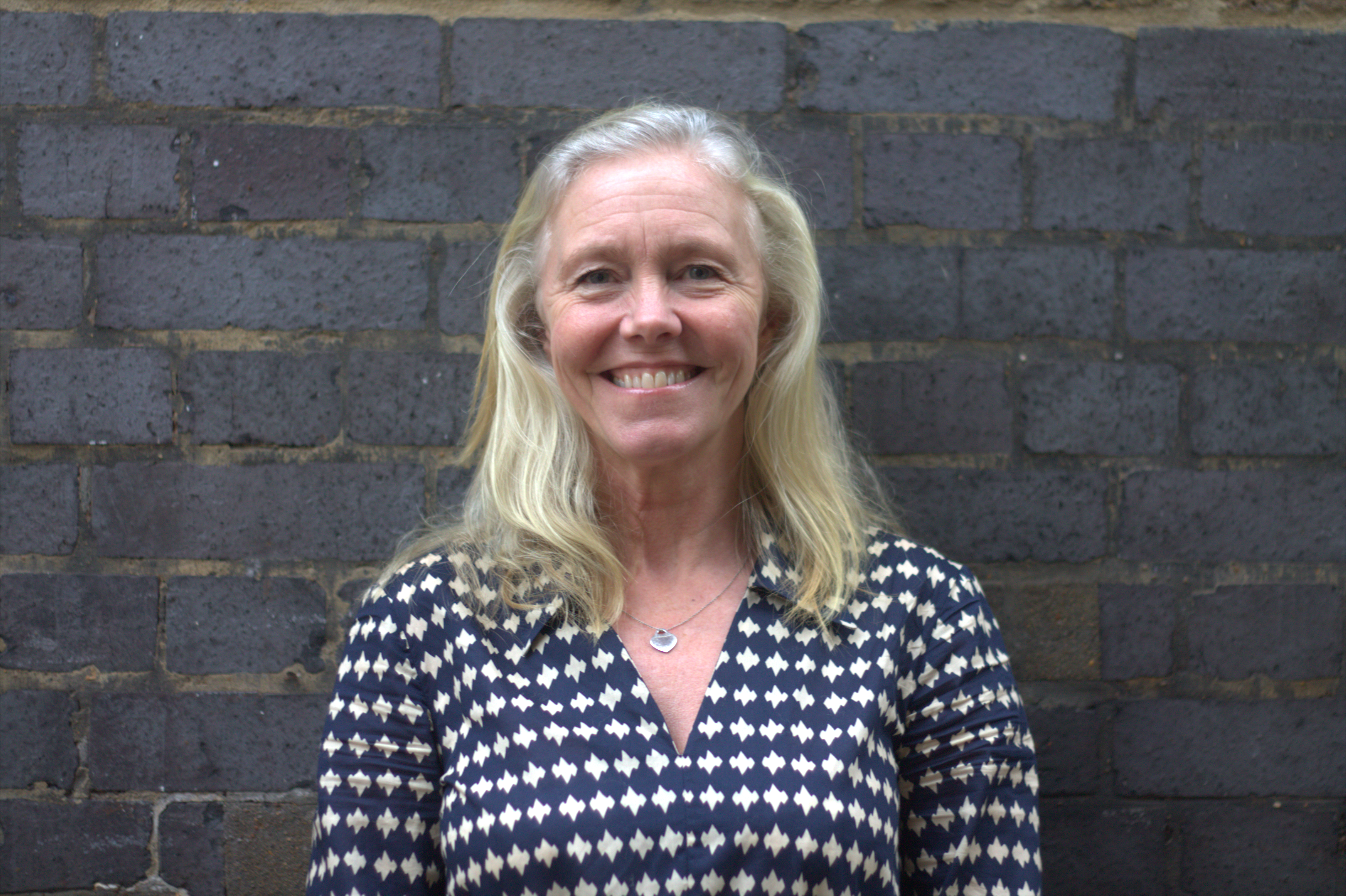
 When it comes to championing the people behind the drinks industry, few are as passionate as Nicola Burston. As CEO of The Drinks Trust, since December 2024, she’s leading the charge to support members of the drinks trade facing what she describes as “probably the toughest year for the drinks industry in decades”.
Businesses still recovering from Covid are also tackling a rise in National Insurance and the Minimum Wage, plus cuts in business rate relief. “The most alarming thing that I have seen in this role is how a person’s circumstances can change so dramatically overnight,” adds Burston. “We often have to step in to support people at their most vulnerable moment, and we do so with empathy and compassion, always with an approach that supports and empowers people to lift themselves back onto firmer ground.”
When it comes to championing the people behind the drinks industry, few are as passionate as Nicola Burston. As CEO of The Drinks Trust, since December 2024, she’s leading the charge to support members of the drinks trade facing what she describes as “probably the toughest year for the drinks industry in decades”.
Businesses still recovering from Covid are also tackling a rise in National Insurance and the Minimum Wage, plus cuts in business rate relief. “The most alarming thing that I have seen in this role is how a person’s circumstances can change so dramatically overnight,” adds Burston. “We often have to step in to support people at their most vulnerable moment, and we do so with empathy and compassion, always with an approach that supports and empowers people to lift themselves back onto firmer ground.”


















































